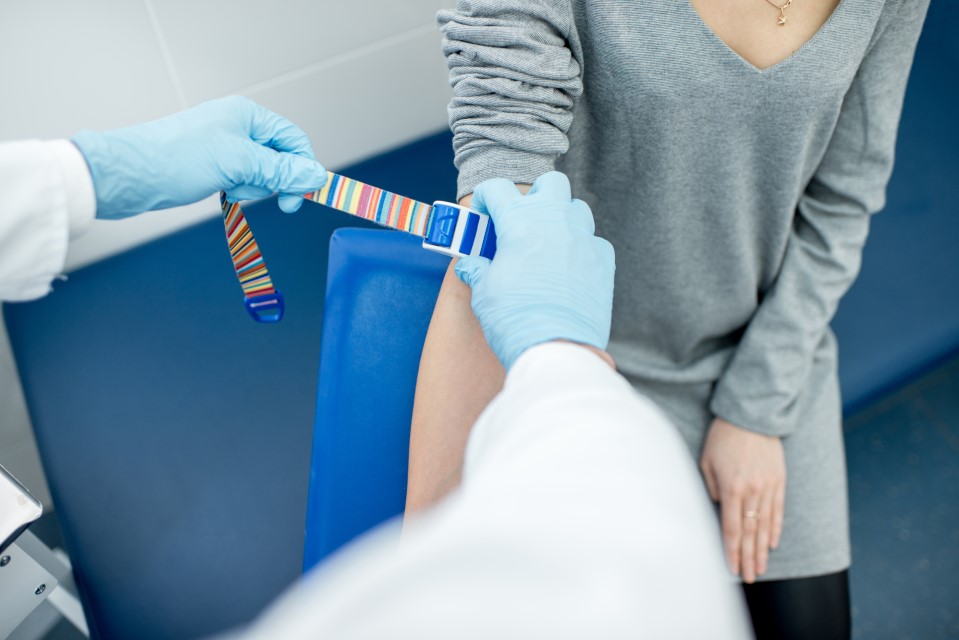If you are unsure about your fertility and have been thinking about getting pregnant, you might wonder how to test fertility naturally. The best way to find out is to consult with a medical provider. They can do a variety of tests to determine ovulation status, hormone levels, and early onset of menopause. In addition to fertility tests, a primary care provider can also perform a pap smear to determine if you are ovulating.
Transvaginal ultrasound
If you’re struggling with infertility, you may want to know how to test fertility with transvaginal ultrasound. A transvaginal ultrasound is a painless procedure that can reveal the inside workings of your female reproductive organs. The procedure will take between 30 minutes and 60 minutes and results will be ready within 24 hours. The transvaginal ultrasound is an ideal option for those experiencing problems getting pregnant.
Transvaginal ultrasound is an excellent way to see the fetal heartbeat. It can also help identify pelvic inflammatory disease, a leading cause of infertility. Early diagnosis of pelvic inflammatory disease is critical for fertility. A private scan can detect a condition called hydrosalpinges, which affects natural pregnancies. A private scan may be able to detect hydrosalpinges but will be easier to see with a hysterosalpingogram.
AMH test
The AMH test for fertility is not a “holy grail” of fertility. It is one of many pieces of fertility data, and it tells you only how many eggs are left in your ovaries. It is much more important to know the quality of those eggs, which decreases as you get older. Thankfully, there are ways to treat your symptoms and get pregnant without fertility treatments. For instance, you can eat healthier to increase your egg quality, or try natural methods like vitamin supplements.
Women who have a low AMH level may want to pursue fast-track IVF, as it allows the doctor to create as many embryos as possible. Alternatively, she may want to use donor eggs and embryos if the test indicates low levels. In this case, the doctor may also recommend egg freezing. But, if your fertility doctor recommends an egg-freezing program, you should make sure to talk to your doctor about it right away.
Endometrial biopsy
Although endometrial biopsies have been the standard of care for infertile women, they are not yet validated by rigorous clinical trials. This study will evaluate the utility of endometrial biopsy in discriminating fertile from infertile women. Participants will undergo the biopsy in late luteal or mid-luteal phases. The specimens will be evaluated by a blinded pathologist to determine whether the biopsy is useful.
The purpose of this procedure is to identify any abnormalities or changes in the endometrium, which is the lining of the uterus. Historically, this procedure was performed to rule out precancerous growths on the endometrium, which limits its ability to conceive. However, this procedure has many more benefits. Endometrial biopsy has been proven to be an invaluable fertility test in many cases.
